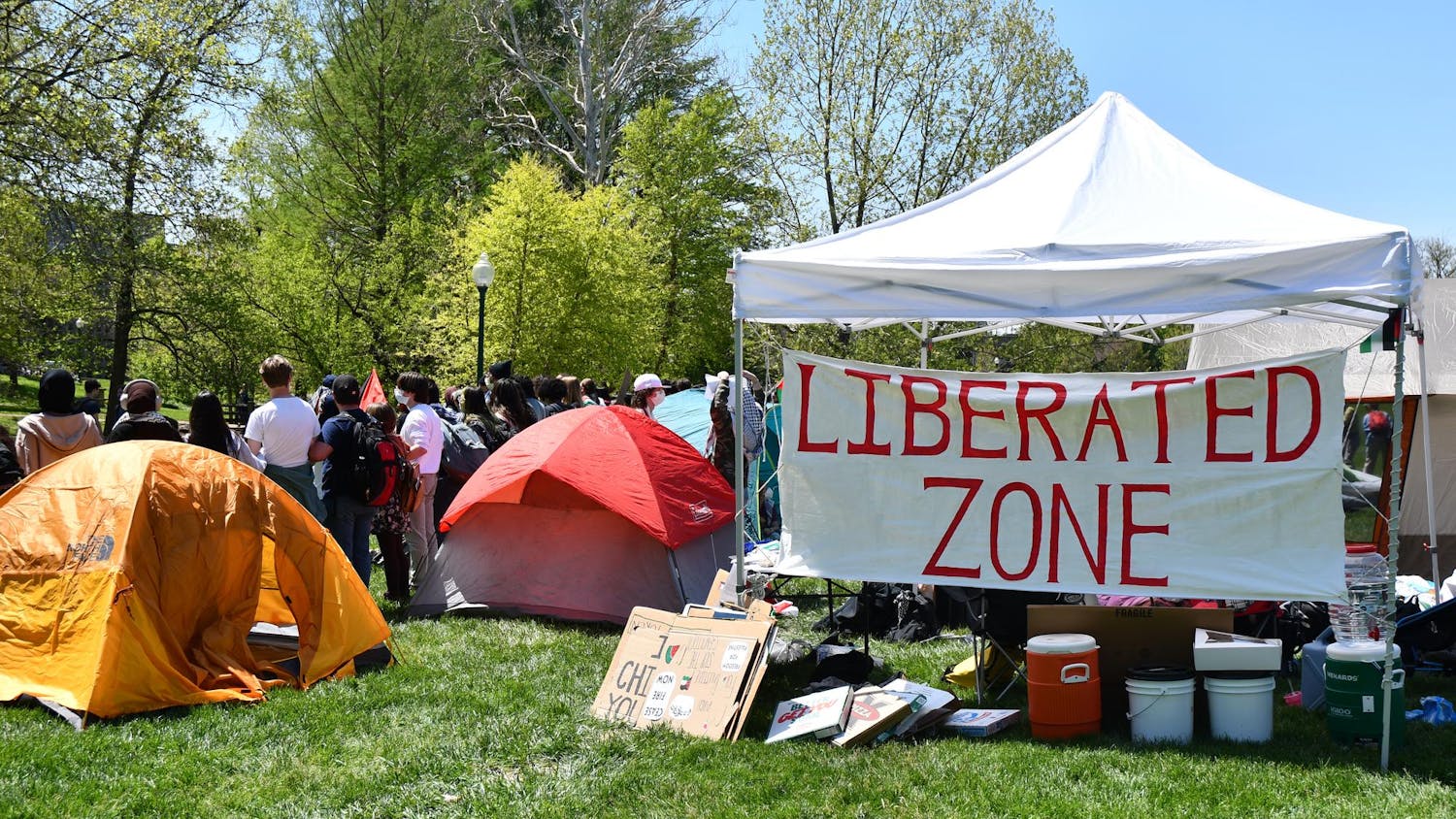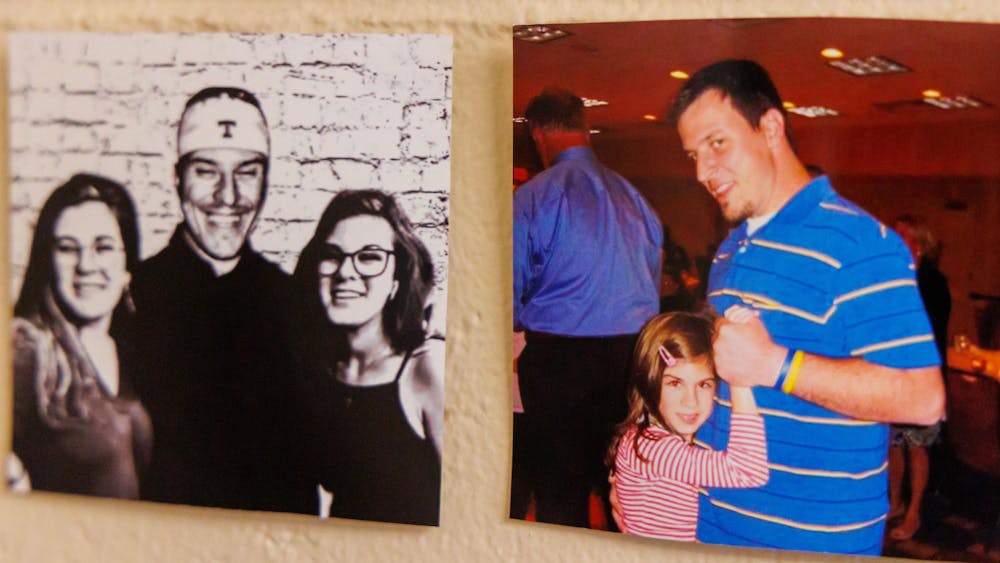As soon as Adam Herbert was named IU's 17th president Thursday, immediately the media began asking questions regarding how the first black IU president would contribute to the University's struggles with increasing diversity. \nIn the IU board of trustees press conference held Thursday morning, Rene Jameson of WISH-TV asked Herbert to respond to an anonymous student's statement which suggested that Herbert's presence would bring a new sense of diversity to campus.\nTo the inquiry, Herbert quipped with poise.\n"It certainly is the case that having a 'Floridian' here will increase the diversity of the campus," he said.\nTrustee Patrick Shoulders commented at the beginning of the conference that issues of diversity and politics were tossed about in regards to the search but was adamant the issues did not influence the decision. After the conference he noted that race was a non-issue in selecting Herbert for the job. Rather, his qualifications are what secured him the position.\n"There were 200 applicants or more for the position, and Adam surfaced as the No. 1 candidate," Shoulders said. "I'm proud that race was not a factor in 2003." \nHe continued to comment on the role race plays in the perception of the board's decision, and the hopes he has for a change in the public's mindset.\n"You know, someone told me that (Herbert) would become only the second African American to head a Big Ten university," he said. "I look forward to the day when we don't have to keep such statistics."\nMark Bryson, assistant affirmative action officer at IU-Purdue University at Indianapolis and former diversity educator at IUB countered that claim, saying race was "not a factor" can only be understood in terms of context. \n"I think that race is always a consideration, but it wasn't the overriding concern," he said. \nHe noted that for the trustees, Herbert's qualifications made him the prime candidate, but that Herbert's race makes the decision historic.\n"IU's the oldest public institution this side of the Appalachian Mountains," he said. "It's hard to say that they didn't think about the historic thing they were doing in the process."\nHe likened the decision to that of Sharon Brehm's appointment as IUB chancellor, where the board chose a candidate who was more than suited for the job while at the same time "bucking tradition" and making history.\nHerbert himself spoke of diversity in a number of ways -- affecting students, faculty and staff. He particularly emphasized his support of international programs.\n"The exposure that our students have to other cultures is essential," he said. "The world is shrinking dramatically, and we want to ensure that our students can compete in that kind of environment."\nHowever, he noted diversity extends well beyond the international sphere.\n"Our communities are very diverse in nature," Herbert said. "I feel very strongly -- in part because of the richness of opportunities that are associated with that exposure to people from different backgrounds, different cultures, different sets of life experiences -- that all of us grow as a consequence."\nVice President of Student Development and Diversity Charlie Nelms said Herbert's appointment should certainly contribute to a powerful step forward in the University's pursuit of excellence.\n"The board of trustees took an action today that will result in the University becoming a more excellent and representative institution," he said.\nNelms noted that Herbert's appointment accomplishes this goal by uniting diversity with success. \n"Enhancing excellence and diversity are part of the same background," he said. "Clearly Dr. Herbert is committed to undergraduate education and success. That cascades to all areas of University life."\nHe said such a union makes diversity cultural rather than abnormal.\n"Recognizing that diversity is an overall part of excellence, it's much more likely to become institutionalized rather than marginalized," Nelms said. "We want it to become part of the culture of the University."\nNelms pointed out, however, that pursuing diversity is not solely the job of "diversity people."\nBoth Oyibo Afoaku, director of the Neal-Marshall Education Center, and Nelms stressed that such a commitment to diversity cannot fall solely on the shoulders of the University's president.\n"He is going to be everybody's president," Afoaku said. "Diversity is a collective effort. We have to work together to make this campus the global village it should be"
Former North Florida president ready to take reigns
Diversity brought up, but did not influence trustees' choice
Get stories like this in your inbox
Subscribe





